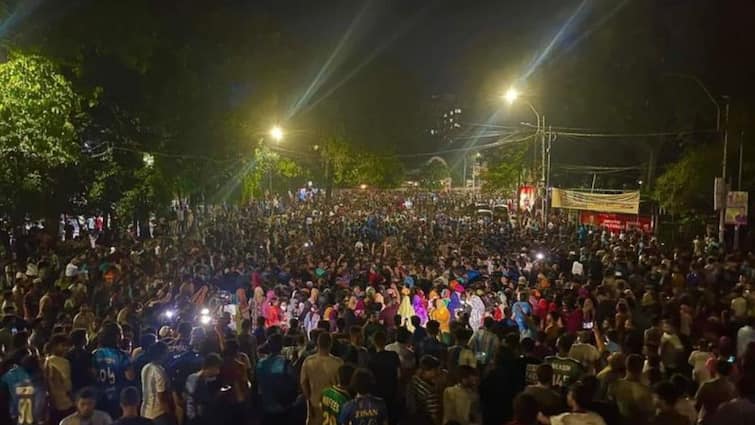Bangladesh Halts University Operations Indefinitely Following Student Protests and Fatalities

Summary:
Bangladesh has ordered the closure of all universities indefinitely following widespread student protests that resulted in the deaths of six individuals. The unrest was sparked by demands for safer roads and better traffic regulations, leading to violent clashes and a significant government response to quell the situation.Key Insights:
-
Root Cause of Protests: The protests erupted due to students' dissatisfaction with the existing university administration and poor living conditions in dormitories. The immediate trigger for the unrest was the death of two students in a road accident, which students blamed on the negligence of authorities.
-
Government Response: In response to the escalating violence, the government has decided to close all universities indefinitely. This decision aims to restore order and prevent further loss of life and property damage.
-
Impact on Education: The indefinite closure of universities will disrupt the academic calendar and delay the education of thousands of students. This could have long-term implications for the country's educational system and workforce readiness.
-
Public Reaction: Public opinion is divided on the government's decision. While some agree that it is necessary to maintain peace, others believe it is an overreach that punishes students for voicing legitimate concerns.
-
International Attention: The situation has garnered international attention, with human rights organizations calling for a thorough investigation into the deaths and the underlying issues that led to the protests.
Takeaways:
The indefinite closure of universities in Bangladesh highlights the severe unrest among students and the government's struggle to manage the crisis. While the decision aims to restore order, it also raises questions about the future of the country's educational system and the handling of student grievances.